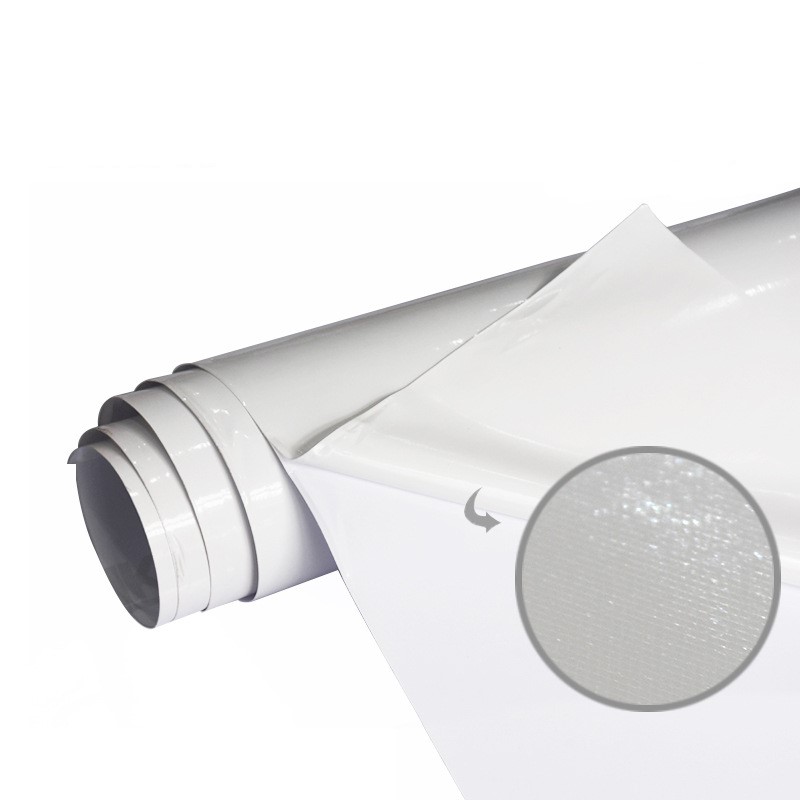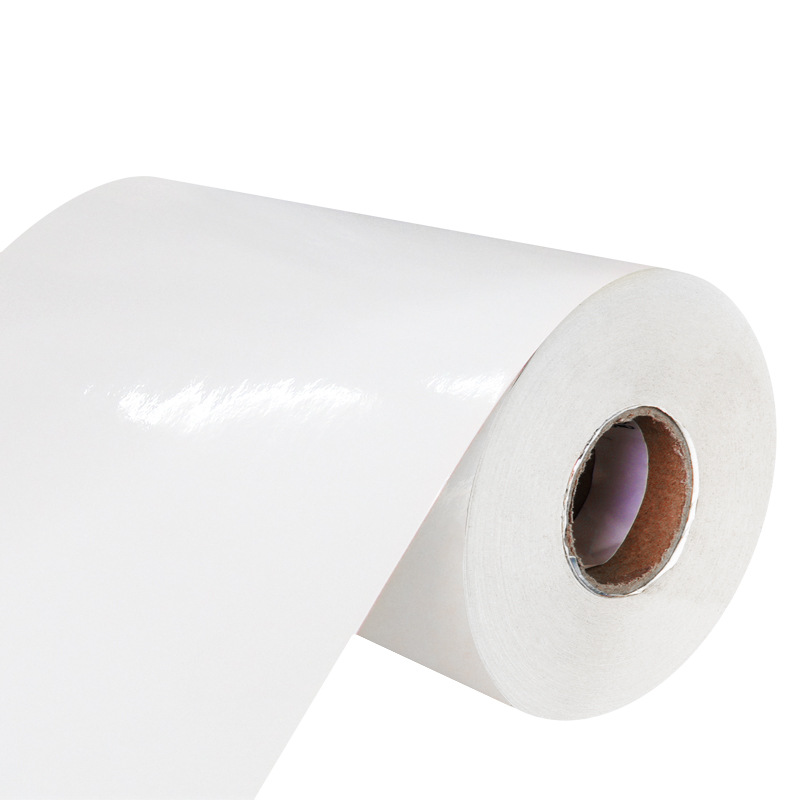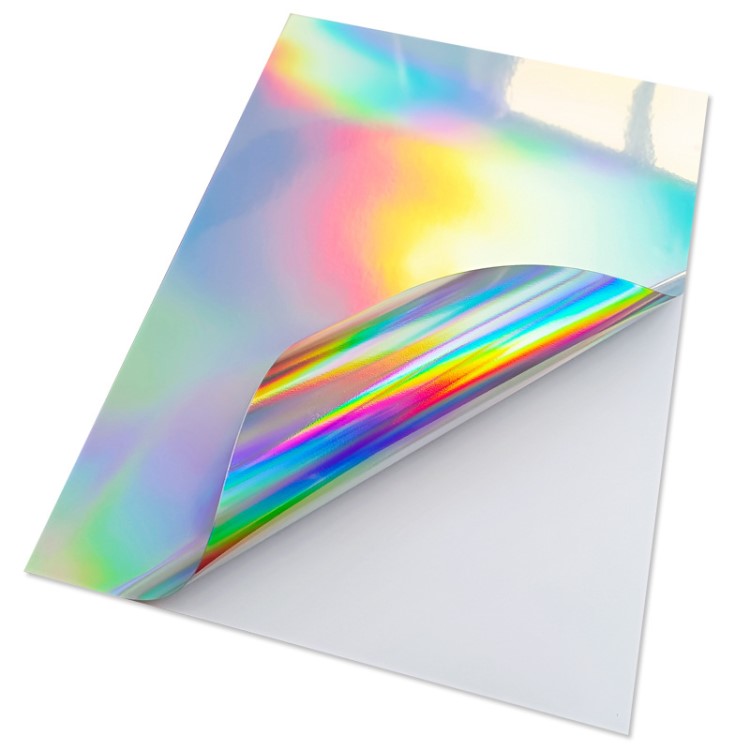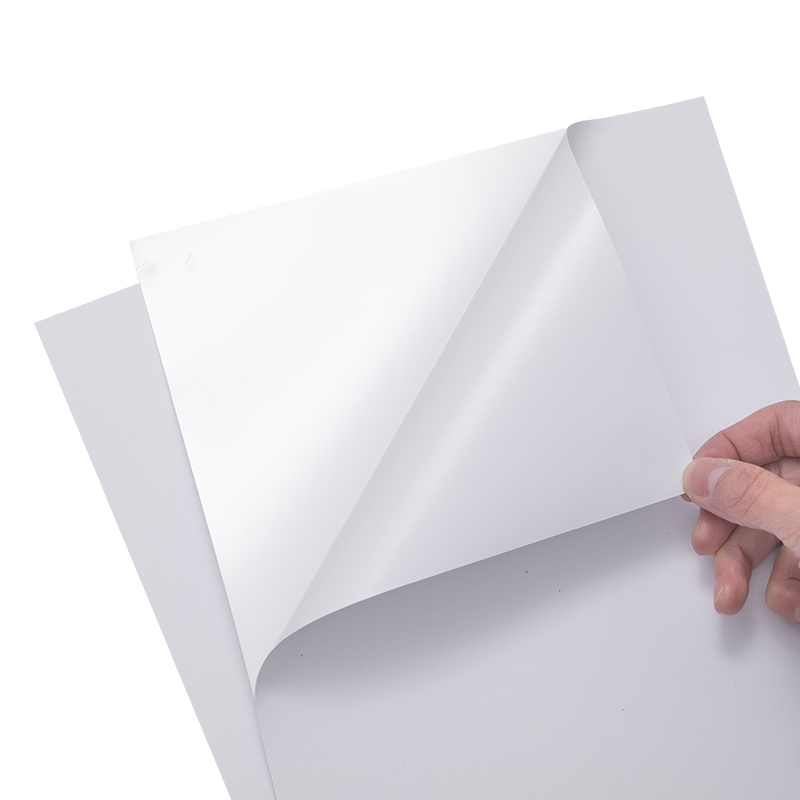The Solvent Resistance of PC Material: A Critical Factor in the Sticker Label Industry
In the realm of sticker label production, the choice of materials plays a pivotal role in determining the durability and longevity of the final product. One such material that stands out for its exceptional properties is Polycarbonate (PC). This article delves into the solvent resistance of PC material and its significance in the sticker label industry.
Understanding PC Material
Polycarbonate, a thermoplastic polymer known for its remarkable strength and transparency, has gained widespread usage in various industries. Its unique combination of properties makes it an ideal candidate for applications where both impact resistance and optical clarity are paramount. In the sticker label industry, these attributes are particularly valuable, ensuring that labels maintain their integrity under challenging conditions.
The Role of Solvent Resistance
Solvents are substances capable of dissolving other materials, and in the sticker label industry, exposure to solvents is inevitable. The solvent resistance of PC material becomes a critical factor in ensuring that labels remain legible and visually appealing despite contact with various chemicals. Understanding how PC responds to different solvents is essential for manufacturers seeking to provide high-quality, long-lasting labels.
Solvent Resistance Testing
Conducting thorough solvent resistance testing is imperative in assessing the performance of PC material in sticker label applications. Various solvents, ranging from alcohols to hydrocarbons, may come into contact with labels during their lifecycle. Rigorous testing procedures help determine the material's ability to resist chemical degradation, color fading, and other undesirable effects.
PC Material: A Solvent-Resistant Champion
Polycarbonate emerges as a solvent-resistant champion among sticker label materials. Its inherent chemical structure provides a robust defense against many solvents, ensuring labels maintain their clarity and structural integrity. This resistance is especially crucial in industries where labels are exposed to harsh environmental conditions or undergo frequent cleaning processes.
Applications in Harsh Environments
The solvent resistance of PC material makes it a preferred choice for sticker labels in industries with stringent requirements, such as the automotive and chemical sectors. Labels affixed to products in these environments must endure exposure to oils, cleaning agents, and other solvents without compromising their quality. PC material rises to the challenge, offering reliable performance in the face of such adversities.
Conclusion
In conclusion, the solvent resistance of PC material elevates its status in the sticker label industry. Manufacturers and businesses seeking durable and visually appealing labels find in PC material a reliable ally. Its ability to withstand the challenges posed by solvents ensures that labels not only serve their functional purpose but also maintain their aesthetic appeal over time. As the sticker label industry continues to demand materials of superior quality, the solvent-resistant nature of PC material positions it as a key player in this dynamic and competitive field.
We offer comprehensive technical support, including free professional labeling solutions, advice on label materials and adhesive selection, as well as online/offline assistance from professional software and hardware engineers. Service email: andy@ownlikes.cn. In pre-sales, we leverage our extensive experience in specialty labeling projects to provide clients with the most suitable hardware solutions. Additionally, all our label barcode printers and scanners come with a three-year free warranty, demonstrating our confidence in our products.






This site is protected by reCAPTCHA and the Google Privacy Policy and Terms of Service apply.